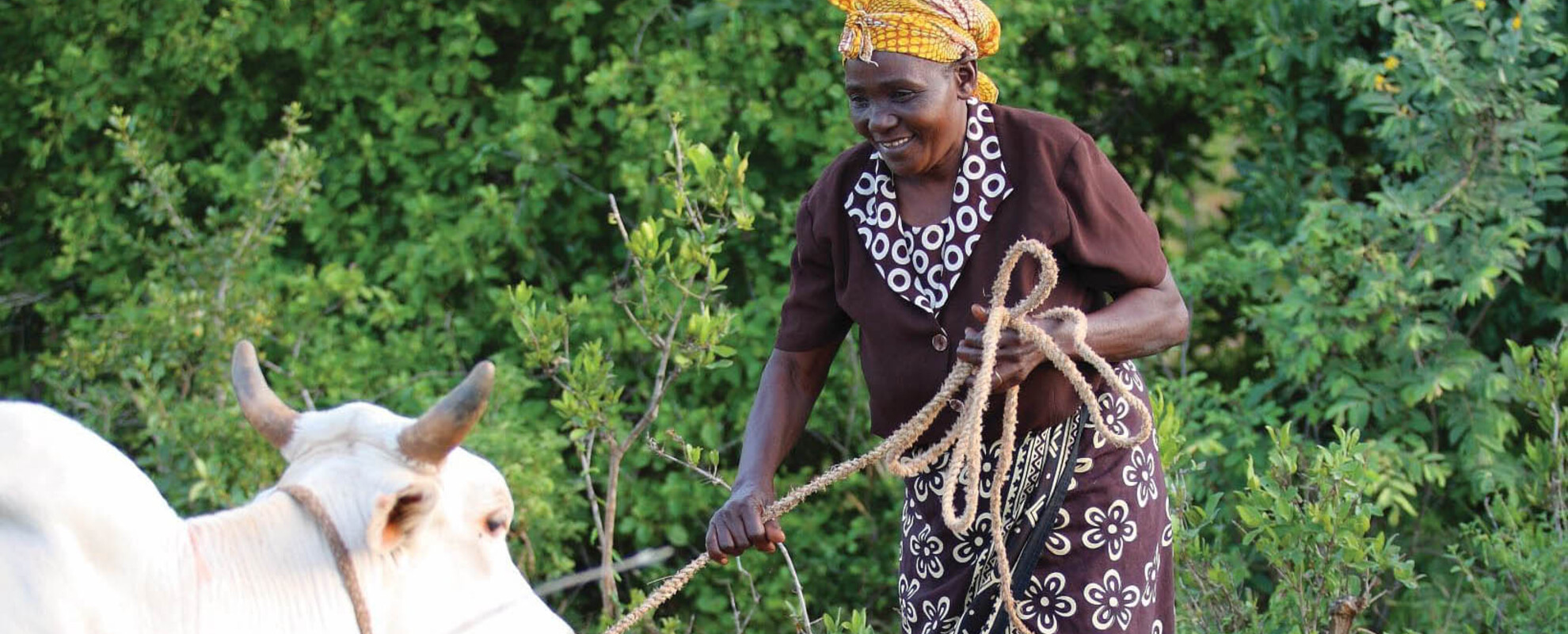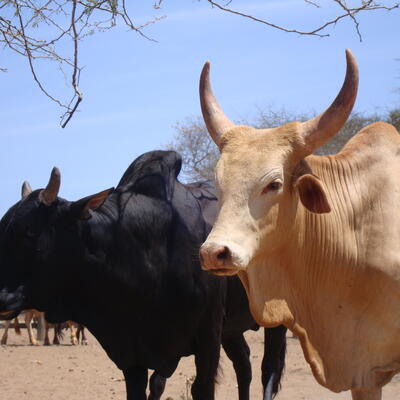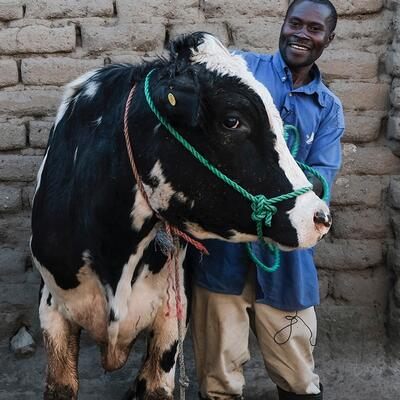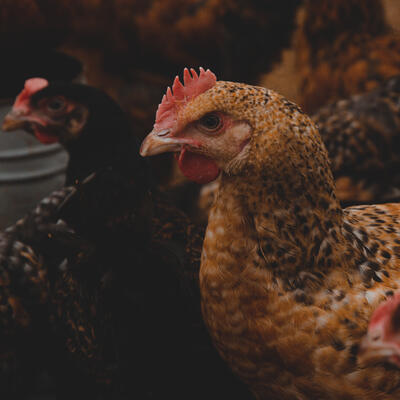

Livestock Genetics
The Livestock Genetics Program at the International Livestock Research Institute (ILRI) seeks to unlock the potential of livestock to improve the livelihoods of small-scale farmers in low- and middle-income countries. Working with national, regional, and international partners, the program identifies genetic bottlenecks that limit productivity and resilience in livestock systems. It applies proven genetic improvement approaches—such as artificial insemination delivery—to underutilized contexts and simultaneously explores transformative innovations like genome editing to accelerate impact.
The program focuses on four interlinked research areas:
- Breed and species targeting – Identifying the most suitable livestock breeds and species for specific environments and production goals.
- Genetic resilience – Discovering genes associated with traits such as disease resistance, heat tolerance, and productivity.
- Breeding program design and support – Co-developing and strengthening national and regional breeding strategies and systems.
- Scaling genetic gains – Delivering improved genetics to farming communities through inclusive, sustainable approaches that enhance productivity, food security, and income.
Through this work, ILRI aims to make livestock more efficient and climate-resilient, enabling smallholder farmers to sustainably produce more nutritious food and better withstand climate-related challenges.
Projects
Publications

Supporting social justice through equity-based actions for a sustainable future in animal genetics (at the 39th International Society for Animal Genetics Conference)
- Paez, S.
- Mapholi, N.O.
- Nesengani, L.T.
- Lamont, S.J.
- Aggrey, S.E.
- Hanotte, Olivier H.
- Bottema, C.D.K.
- Gill, C.A.

Genetic estimates and genome-wide association studies of antibody response in Tanzanian dairy cattle
- Hernandez-Castro, L.E.
- Cook, Elizabeth A.J.
- Matika, O.
- Mengele, I.J.
- Motto, S.K.
- Bwatota, S.F.
- Zirra-Shallangwa, B.
- Pong-Wong, R.
- Prendergast, J.
- Mrode, Raphael A.
- Toye, Philip G.
- Komwihangilo, D.M.
- Lyatuu, E.
- Karani, Benedict E.
- Nangekhe, Gertrude
- Okeyo Mwai, Ally
- Shirima, G.M.
- Bronsvoort, B.M. de C.










